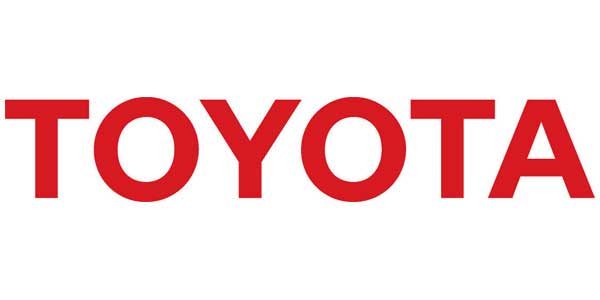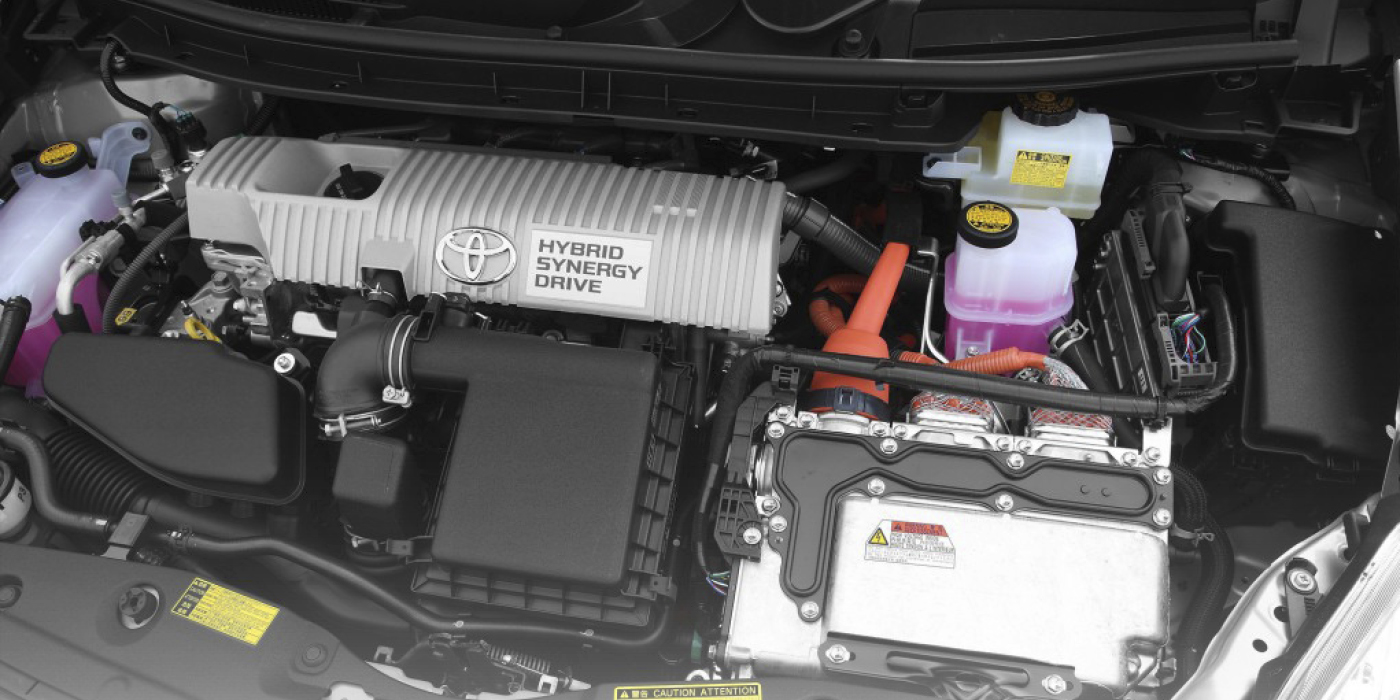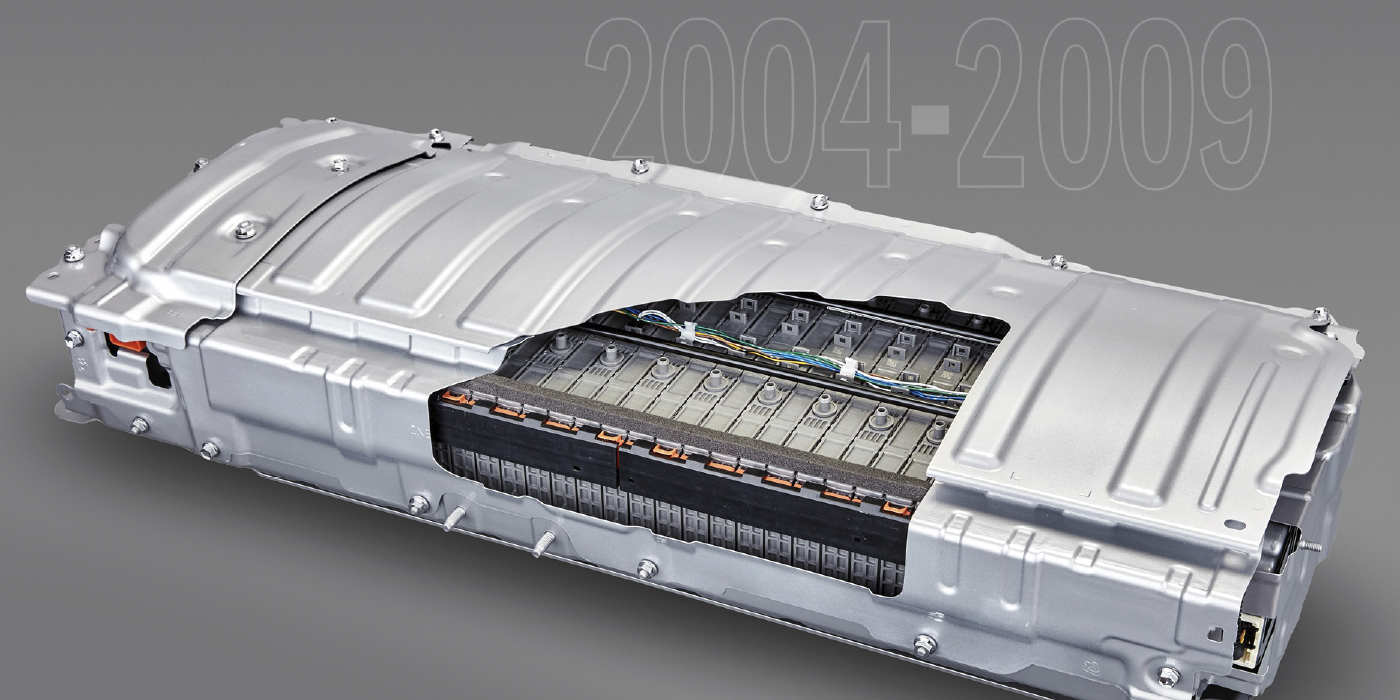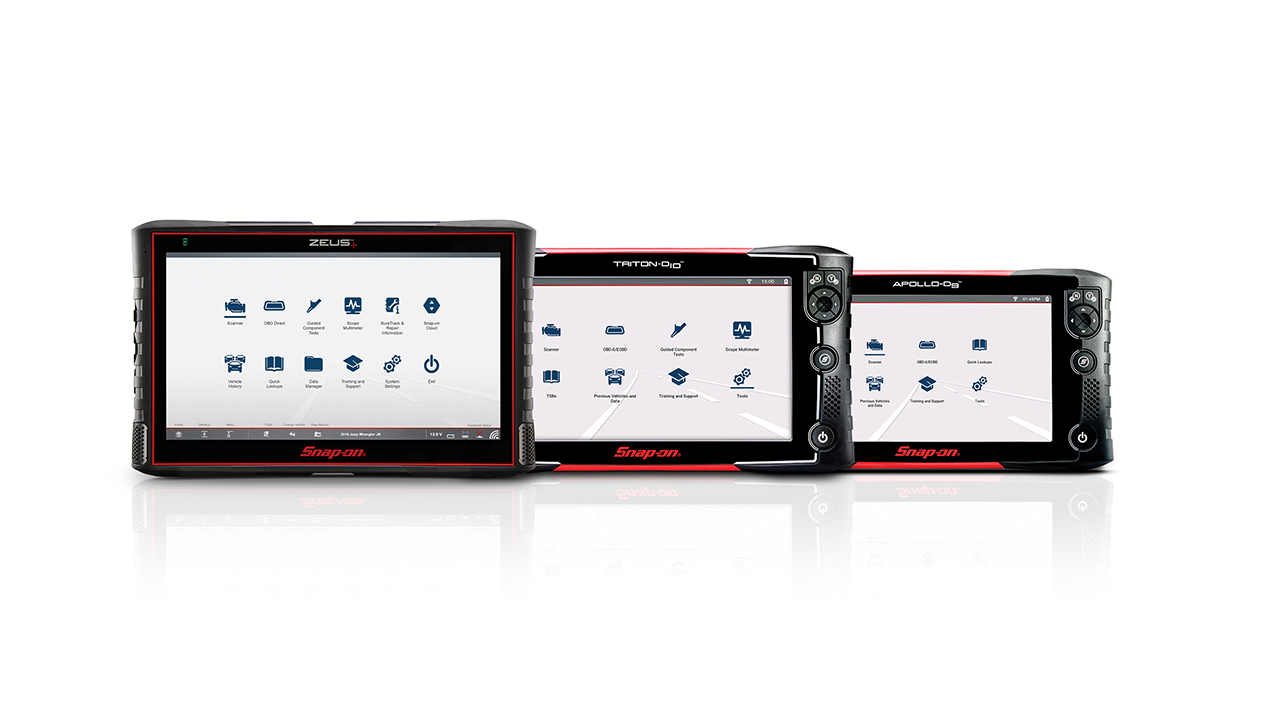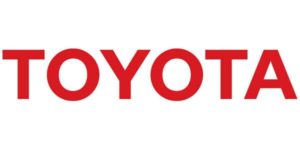 Toyota’s Collaborative Safety Research Center in Ann Arbor, Michigan, announced a set of new research programs studying the opportunities and addressing the challenges of emerging vehicle technologies.
Toyota’s Collaborative Safety Research Center in Ann Arbor, Michigan, announced a set of new research programs studying the opportunities and addressing the challenges of emerging vehicle technologies.
The 11 projects, launched with eight research institutions in North America, are part of “CSRC Next,” the center’s new five-year program that “continues to support a safer transition to the future of mobility,” said Toyota.
The research projects will focus on the impact of advanced technology on broader road safety trends and the interaction between humans and machines, the automaker noted.
Specific research challenges include the integration of advanced active safety systems such as automatic emergency braking; passive systems; human experience design for advanced-technology vehicles; driver-state detection; and using analytics to help improve the study of naturalistic driving data.
“Autonomous and connected vehicle technologies are only just beginning to transform the transportation landscape,” said Chuck Gulash, director of the Collaborative Safety Research Center. “By working together with world-renowned institutions and making our results public, we are proud to help realize the promise of advanced mobility solutions and a safe, convenient transportation future.”
Since opening in 2011, the Collaborative Safety Research Center has launched and completed 44 research projects with 23 partner universities, publishing more than 200 papers and presenting at multiple industry conferences, according to Toyota.
“CSRC projects have made meaningful contributions to auto safety industry-wide, including research into human factors on vehicle safety and the efficacy of active and passive safety systems, as well as the collection of driving data and development of new tools to analyze that data,” Toyota said in a news release.
Launched in January 2017, CSRC Next builds upon the insights gained from the the center’s first five years and will direct $35 million toward safety research into advanced-vehicle technologies, including both autonomous and connected systems, according to the automaker.
Article courtesy BodyShop Business.

